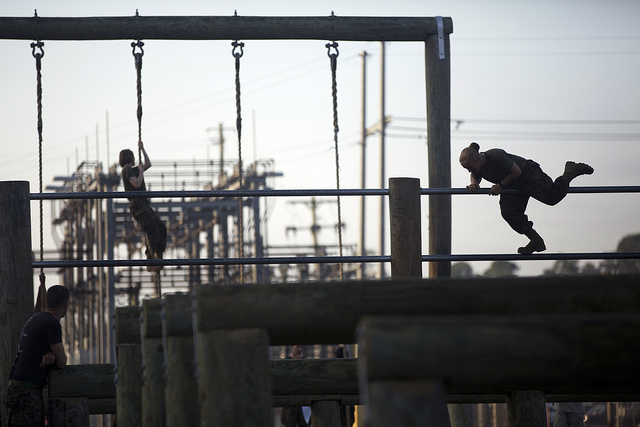As good as we are, often, we spend a lot of time recovering from something that has gone wrong, obstacles, or setbacks. It may have been a mis-step, an error, something that didn’t work, a failed strategy.
Often the need to recover isn’t the result of things we have done, but shifts or changes caused by others. Shifts in our customers’ priorities, actions taken by our competitors, environmental or external factors beyond our control.
And there are always the impossible to anticipate things that, if not handled correctly, could stop and defeat us.
Stuff happens all the time that threatens to derail what we are trying to achieve. One of the differences between top performers and everyone else is their ability to recover and keep moving forward.
Top performers know things can derail them, keeping them from achieving their objectives. To combat this, they leave nothing to chance. They develop and execute plans to minimize the occurrence of things that could derail them or keep them from achieving their goals.
Top performers are always practicing recovery. They go through mental exercises: “If this happens, I could do this or that or this other thing.” “If the customer raises this objection, I can respond these 3 ways.” “If the competition does this, I have several alternatives to deal with it.”
Top performers are attentive to the signals of things going awry, acting as early as possible, to recover and correct the situation. They know the earlier they recognize these things, the more likely they can recover, take corrective action, and achieve their goals.
Top performers are relentless. They have the internal confidence and drive to know they can recover from any setback. Despite the difficulty, or however large the obstacle, they always try something, and then something else, and then something else. They don’t give up, they doing everything possible to recover. They will not be defeated.
Even when they fail, it’s only after they’ve exhausted everything they can possibly do to recover.
Even when they fail, top performers study what happened, they learn from it. They know it could happen again, in a different situation, so they learn and think about how to avoid the situation in the future, or how to recover.
Top performers know there is one thing they cannot recover–their time. They plan and guard their time viciously, never wasting their time or their customer’s time. They never let others, including customers, waste their time.
By contrast, bottom performers don’t recover the things they should recover and think they can recover the one thing they can’t. And that’s what makes them bottom performers.

Leave a Reply